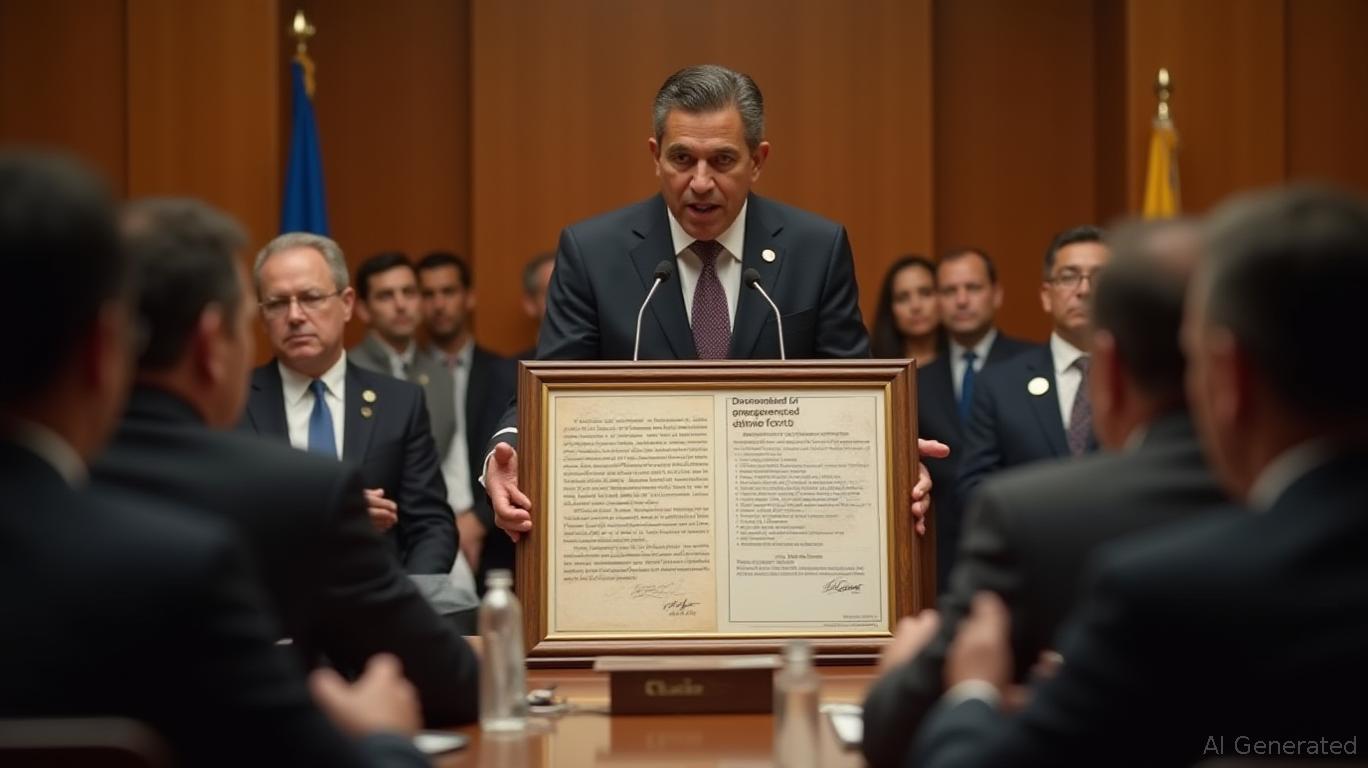El Salvador has reportedly ceased its Bitcoin (BTC) purchases since December 2024, according to a recent report by the International Monetary Fund (IMF). This revelation contradicts the public statements made by the country’s Bitcoin Office, which has consistently claimed that the government is actively accumulating Bitcoin on a daily basis. The IMF report suggests that El Salvador’s official Bitcoin reserves have remained unchanged, indicating a strategic shift in the country’s approach to cryptocurrency under the terms of a $1.4 billion loan agreement with the IMF.
The IMF report highlights that El Salvador is actively reducing its public sector involvement in Bitcoin to mitigate fiscal risks. This move signals a recalibration of the country’s crypto strategy, which had previously been characterized by aggressive adoption policies. The loan agreement with the IMF included conditions to scale back the government’s Bitcoin activities, marking a significant pivot from El Salvador’s earlier stance on cryptocurrency. The revised strategy aligns with efforts to stabilize the country’s fiscal health and comply with international financial standards.
According to the IMF report, the Chivo Bitcoin wallet, a government-backed digital wallet, does not adjust its Bitcoin reserves to reflect client deposits. This has led to minor accounting discrepancies, previously giving the impression that El Salvador’s public sector was continuously accumulating Bitcoin. However, the IMF’s letter of intent, signed by key Salvadoran financial officials, confirms that the public sector’s Bitcoin stock remains unchanged. This transparency underscores the importance of accurate reporting in national crypto asset management.
In January 2025, El Salvador’s legislature amended Bitcoin laws, making BTC acceptance voluntary and ceasing the use of taxpayer funds for Bitcoin purchases. This legislative change reflects a pragmatic approach to balancing innovation with fiscal responsibility. Despite this, President Nayib Bukele publicly insisted on continuing Bitcoin accumulation, creating tension between national policy and international financial obligations. The IMF’s firm stance and subsequent communications emphasize the need for compliance to maintain financial support and credibility.
The IMF’s disclosure has sent ripples through the global cryptocurrency community, where El Salvador had been viewed as a pioneering adopter of Bitcoin as legal tender. Enthusiasts and investors closely monitored the country’s moves, interpreting the pause as a potential indicator of broader regulatory caution. Meanwhile, the government’s mixed messaging has sparked debate about the future role of Bitcoin in national economies and the challenges of integrating decentralized assets within traditional financial frameworks.
El Salvador’s suspension of Bitcoin purchases under the IMF loan agreement marks a critical juncture in the country’s crypto journey. While the government’s initial enthusiasm positioned it as a global Bitcoin innovator, fiscal prudence and international cooperation have necessitated a strategic recalibration. This development highlights the complexities nations face when adopting digital currencies at a sovereign level and underscores the importance of transparent, consistent policies to foster sustainable crypto integration.

